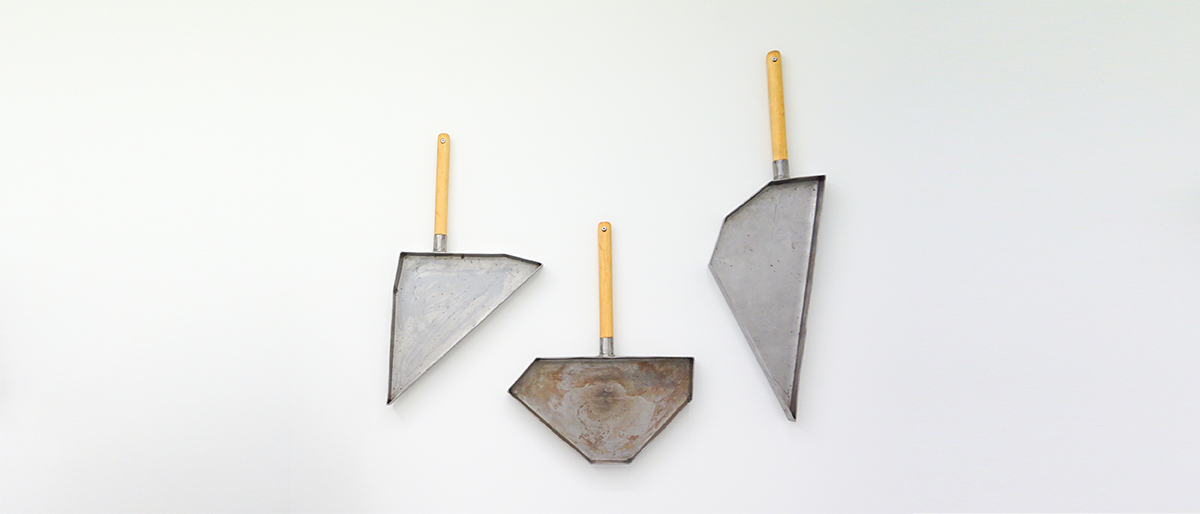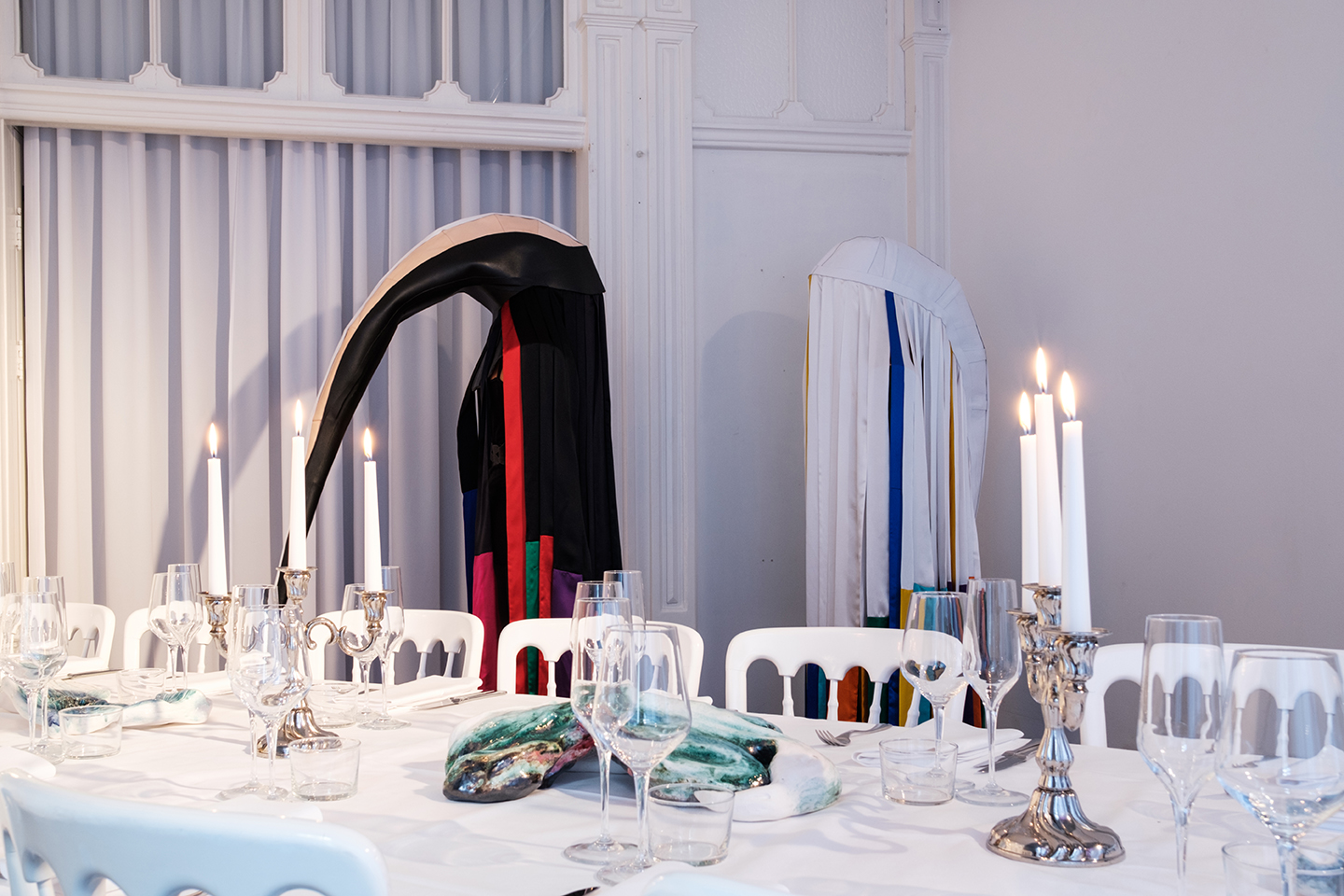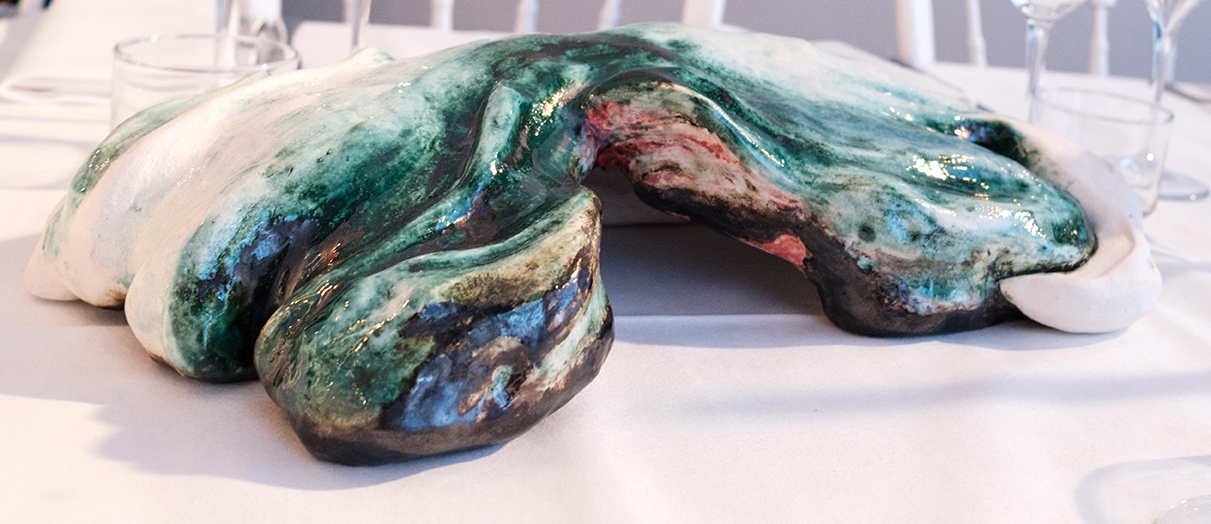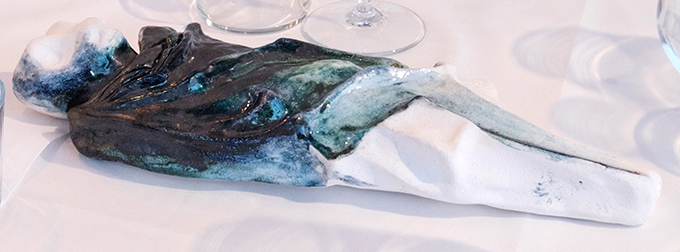
perform doc supports performing artists by documenting their artworks. The first edition of perform doc was a collaboration with artists Grace Schwindt, Zhana Ivanova, Yael Davids, Jimmy Robert, Feiko Beckers and Jeremiah Day. In order to keep the project close to the liveliness of performance, we commissioned performances by the artists involved and organized talks with guests specialized in performance art.
perform doc was founded in 2018 by Gavriella Abekassis and Jeroen de Smalen. The project was supported by AFK.
perform doc supports performing artists by documenting their artworks. The first edition of perform doc was a collaboration with artists Grace Schwindt, Zhana Ivanova, Yael Davids, Jimmy Robert, Feiko Beckers and Jeremiah Day. In order to keep the project close to the liveliness of performance, we commissioned performances by the artists involved and organized talks with guests specialized in performance art.
perform doc was founded in 2018 by Gavriella Abekassis and Jeroen de Smalen. The project was supported by AFK.
Event 1: Introduction | Feiko Beckers | Doria Garcia

perform doc proudly presents their first event, hosted by Manifesta HQ as part of the house exhibition of Ellen de Bruijne Projects, Terrestrial Records. The evening will start by an introduction to perform doc, followed by a performance by Feiko Beckers and a scripted performance by Dora García.
Performances by Feiko Beckers, which he prefers to call "workshops", present personal stories. You might recognize yourself and learn how to live with the confusing feelings which can arise from these situations. In A disappointment you can rely on, Feiko reverses our usual understanding of the notion of disappointment as something that one can also place unconditional trust in. Feiko Beckers teaches the audience cooking techniques which are guaranteed to fail.
A scripted performance by Dora Garcia will be shown as well. Where the presence of Feiko Beckers himself is necessary for his performances, the scripted performance The Synthome Score by Garcia can be performed by anyone. The score of the performance is based on an "unofficial" English translation of Jacques Lacan's seminar 23 Le Sinthome (1975-1976), a series of ten lectures that drew from the writings of James Joyce to elaborate on language, the unconscious, and a reconsideration of the Borromean knot. Garcia’s work is accompanied by ten sets of movements, one for each of the ten lectures. Two performers determine the rhythm, cadence, and speed of the performance. Garcia’s score and choreographic notation welcome new participants, accidental stutters of the body, or slips of the tongue. It is left to the visitor to decide if, how, and when to enter the conversation.The performance was shown at the Venice Biennale 2015, running continuously during the opening hours.

Event 1: Introduction | Feiko Beckers | Doria Garcia
perform doc is proud to present their first event, hosted by Manifesta HQ as part of the house exhibition of Ellen de Bruijne Projects, Terrestrial Records. The evening will start by an introduction to perform doc, followed by a performance by Feiko Beckers and a scripted performance by Dora García.
Performances by Feiko Beckers, which he prefers to call "workshops", present personal stories. You might recognize yourself and learn how to live with the confusing feelings which can arise from these situations. In A disappointment you can rely on, Feiko reverses our usual understanding of the notion of disappointment as something that one can also place unconditional trust in. Feiko Beckers teaches the audience cooking techniques which are guaranteed to fail.
A scripted performance by Dora Garcia will be shown as well. Where the presence of Feiko Beckers himself is necessary for his performances, the scripted performance The Synthome Score by Garcia can be performed by anyone. The score of the performance is based on an "unofficial" English translation of Jacques Lacan's seminar 23 Le Sinthome (1975-1976), a series of ten lectures that drew from the writings of James Joyce to elaborate on language, the unconscious, and a reconsideration of the Borromean knot. Garcia’s work is accompanied by ten sets of movements, one for each of the ten lectures. Two performers determine the rhythm, cadence, and speed of the performance. Garcia’s score and choreographic notation welcome new participants, accidental stutters of the body, or slips of the tongue. It is left to the visitor to decide if, how, and when to enter the conversation.The performance was shown at the Venice Biennale 2015, running continuously during the opening hours.
Event 2: Performances, books and screens | perform doc in conversation with Gaby Wijers, Gabriella Giannachi, Katja Kwastek, Annet Dekker, and Nell Donkers

How is performance art defined by institutions collecting, conserving and researching it? Can it be documented, conserved and collected, and in which ways? On July 4th, 2018, LIMA and perform doc welcomed a conversation about performance documentation. The guests invited to the conversation, all coming from academic or institutional backgrounds, were Gabriella Giannachi, Gaby Wijers, Katja Kwastek, Annet Dekker and Nell Donkers. The conversation was moderated by perform doc co-founder, Gavriella Abekassis.
All the guests were invited to present their latest experiences and research on performance documentation and conservation, and to debate other experiences. The discussion was the opportunity to present, for the first time in the Netherlands, the book Histories of Performance Documentation: Museum, Artistic, and Scholarly Practices, edited by Gabriella Giannachi and Jonah Westerman, in which Gaby Wijers, Annet Dekker and Katja Kwastek have taken part. The event was also the occasion for Annet Dekker to present her last book Collecting and Conserving Net Art, and to explain her research regarding performativity of net art and its conservation.
About the speakers
Gabriella Giannachiis Professor in Performance and New Media, and Director of the Centre for Intermedia at the University of Exeter, which promotes advanced interdisciplinary research in performance and the arts through collaborations between artists, academics and scientists from a range of disciplines.
Gaby Wijers is Director of LIMA, platform for distribution, preservation and research into media art in Amsterdam. Previously she was coordinator of collection, preservation and related research at the Netherlands Media Art Institute (Montevideo/NIMk), Amsterdam. She initiated and participated in multiple national and international projects dealing with the documentation and preservation of media art.
Katja Kwastek is professor of modern and contemporary art at the Vrije Universiteit Amsterdam. Early on, she extended her research into the fields of art and technology, media (art) history and aesthetics, performance and game studies. Complementary to this research itinerary is her great interest in the field of digital humanities.
While co-directing and being a Visiting Professor at the CSNI, Annet Dekker is also Assistant Professor at the University of Amsterdam, Media Studies: Archival and Information Studies, next to being a freelance curator.
Since 2002, Nell Donkers has managed the archive (library, archive and collection) of De Appel in Amsterdam, a well-known art centre for contemporary art dealing on a daily basis with collecting and producing performances since 1975, and made it digitally and physically accessible.

Event 2: Performances, books and screens | perform doc in conversation with Gaby Wijers, Gabriella Giannachi, Katja Kwastek, Annet Dekker, and Nell Donkers
How is performance art defined by institutions collecting, conserving and researching it? Can it be documented, conserved and collected, and in which ways? On July 4th, 2018, LIMA and perform doc welcomed a conversation about performance documentation. The guests invited to the conversation, all coming from academic or institutional backgrounds, were Gabriella Giannachi, Gaby Wijers, Katja Kwastek, Annet Dekker and Nell Donkers. The conversation was moderated by perform doc co-founder, Gavriella Abekassis.
All the guests were invited to present their latest experiences and research on performance documentation and conservation, and to debate other experiences. The discussion was the opportunity to present, for the first time in the Netherlands, the book Histories of Performance Documentation: Museum, Artistic, and Scholarly Practices, edited by Gabriella Giannachi and Jonah Westerman, in which Gaby Wijers, Annet Dekker and Katja Kwastek have taken part. The event was also the occasion for Annet Dekker to present her last book Collecting and Conserving Net Art, and to explain her research regarding performativity of net art and its conservation.
About the speakers
Gabriella Giannachi is Professor in Performance and New Media, and Director of the Centre for Intermedia at the University of Exeter, which promotes advanced interdisciplinary research in performance and the arts through collaborations between artists, academics and scientists from a range of disciplines.
Gaby Wijers is Director of LIMA, platform for distribution, preservation and research into media art in Amsterdam. Previously she was coordinator of collection, preservation and related research at the Netherlands Media Art Institute (Montevideo/NIMk), Amsterdam. She initiated and participated in multiple national and international projects dealing with the documentation and preservation of media art.
Katja Kwastek is professor of modern and contemporary art at the Vrije Universiteit Amsterdam. Early on, she extended her research into the fields of art and technology, media (art) history and aesthetics, performance and game studies. Complementary to this research itinerary is her great interest in the field of digital humanities.
While co-directing and being a Visiting Professor at the CSNI, Annet Dekker is also Assistant Professor at the University of Amsterdam, Media Studies: Archival and Information Studies, next to being a freelance curator.
Since 2002, Nell Donkers has managed the archive (library, archive and collection) of De Appel in Amsterdam, a well-known art centre for contemporary art dealing on a daily basis with collecting and producing performances since 1975, and made it digitally and physically accessible.
Event 3: Performative Dinner | Grace Schwindt, On a Ship (2018)

perform doc is pleased to present On a Ship, a new composition which interweaves live interventions with text, voice, sculptures and costumes, created by Grace Schwindt and performed by opera singer Francesca Pusceddu, with several dishes loved and chosen by the artist and prepared by culinary talent Nick Jaël Bruynen. In the course of the evening the work examines the relationship between language and the physical, language and the emotional, and explores what can happen if language and the voice are separated from each other at first, and then joined again.
The dinner and performance will took place at Kunstverein, Amsterdam on Friday 14 and Saturday 15 September at 8pm on both evenings.
Co-produced by Kunstverein, this performative dinner is the first edition of a new series where their space will occasionally turn into a restaurant overnight, serving you both historical and contemporary delights (and dishes) by artists and collectives that have mediated their practices through the dinner, the restaurant, the producer, etc.

Event 3: Performative Dinner | Grace Schwindt, On a Ship (2018)
perform doc is pleased to present On a Ship, a new composition which interweaves live interventions with text, voice, sculptures and costumes, created by Grace Schwindt and performed by opera singer Francesca Pusceddu, with several dishes loved and chosen by the artist and prepared by culinary talent Nick Jaël Bruynen. In the course of the evening the work examines the relationship between language and the physical, language and the emotional, and explores what can happen if language and the voice are separated from each other at first, and then joined again.
The dinner and performance will took place at Kunstverein, Amsterdam on Friday 14 and Saturday 15 September at 8pm on both evenings.
Co-produced by Kunstverein, this performative dinner is the first edition of a new series where their space will occasionally turn into a restaurant overnight, serving you both historical and contemporary delights (and dishes) by artists and collectives that have mediated their practices through the dinner, the restaurant, the producer, etc.

